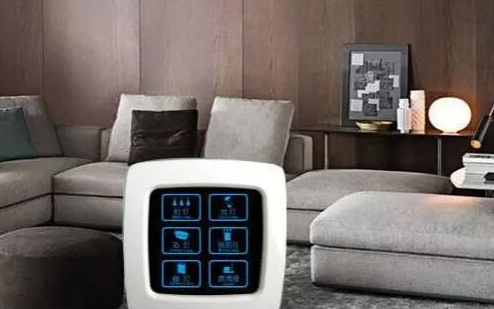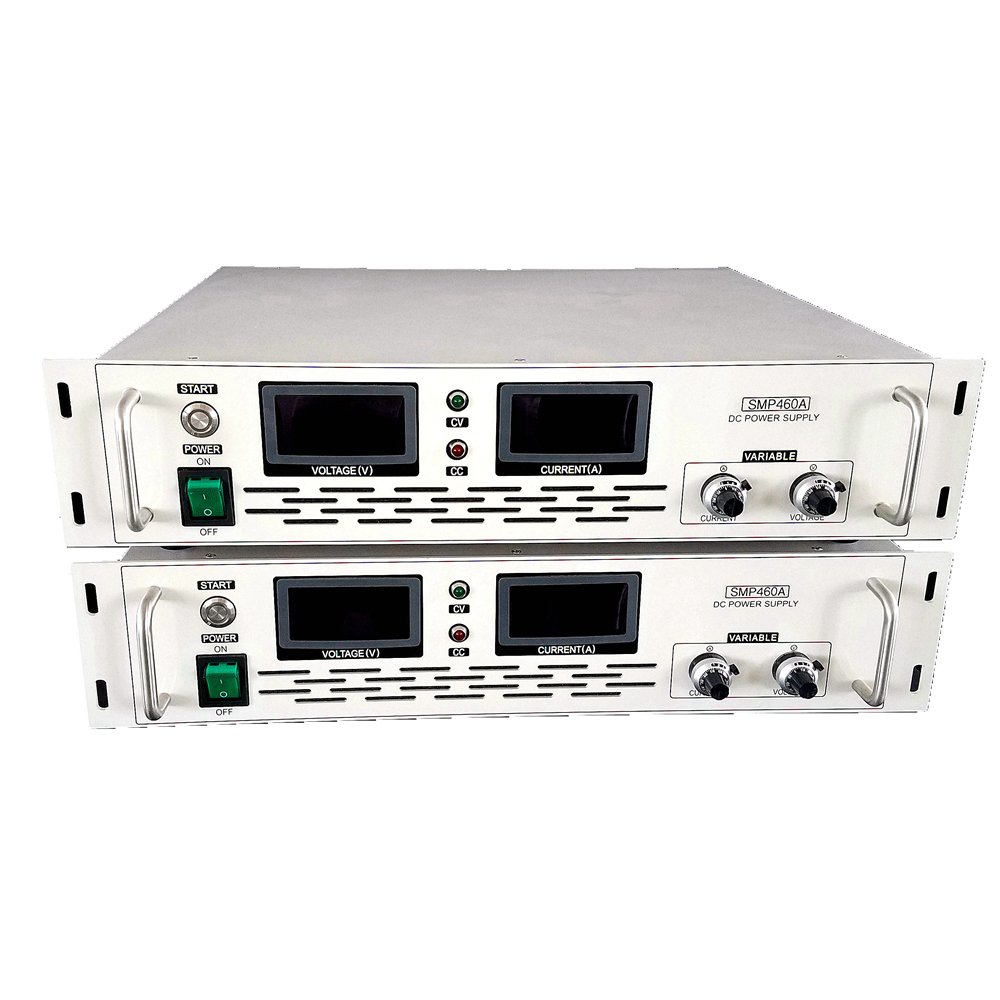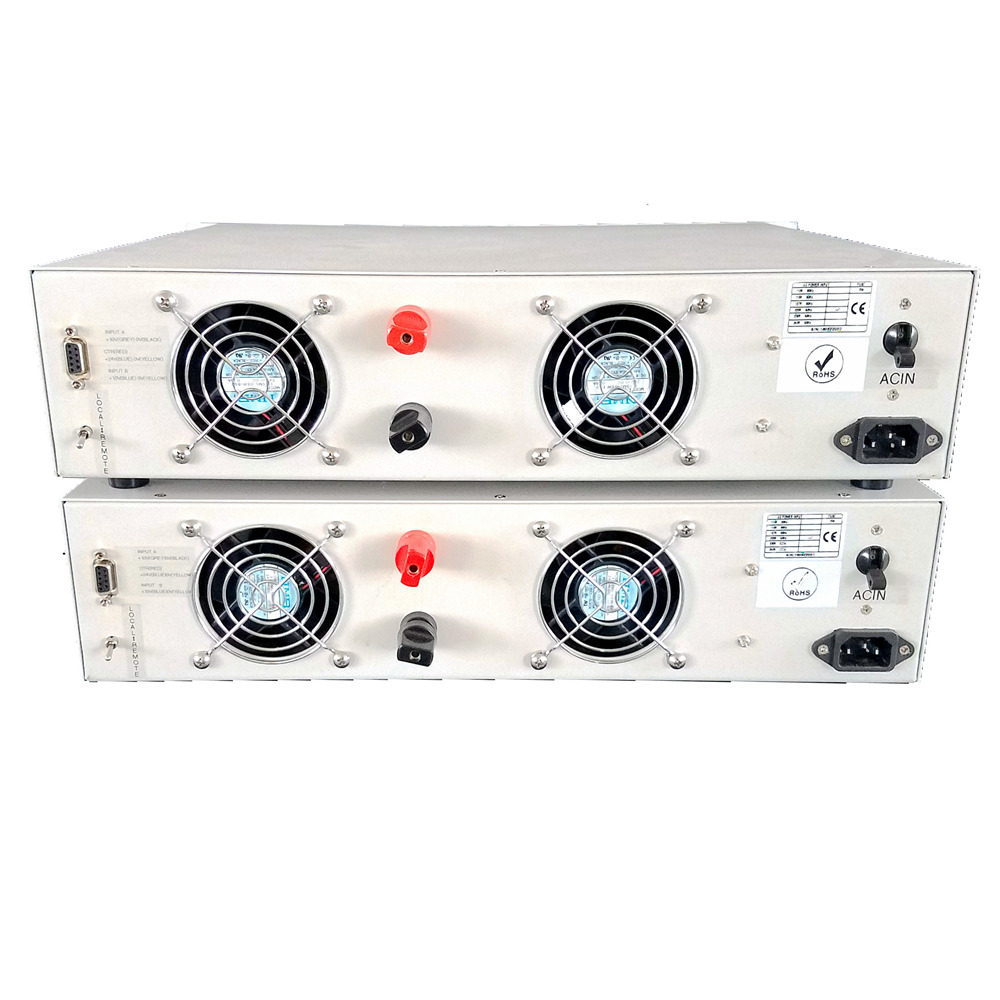In recent years, smart home is no longer a product that can only be seen in Bill Gates's home. With the continuous improvement of people's living standards, smart homes have gradually become civilians. Strategy Analytics recently released a report on smart homes. The report shows that the global smart home market reached 84 billion U.S. dollars in revenue in 2017, an increase of 16% from 2016's 72 billion U.S. dollars.

In addition, according to the research report "2018 Global Smart Home Market Forecast", the total consumption expenditure of global smart home including equipment, systems and services in 2018 will be close to 96 billion U.S. dollars, and it will increase to 155 billion U.S. dollars by 2023. It can be seen that the growth momentum of smart homes is fierce. In China, Xiaomi can be said to be the leader in the field of smart home, but with the addition of giants such as Huawei and Alibaba, market competition has become increasingly fierce, and Xiaomi's smart home road has become muddy.
"Big brands" push together, smart home is still stuck in the quagmireIn recent years, "big names" such as Alibaba, Huawei, and Xiaomi have launched their own smart home products, hoping to be in the forefront of the market. With the help of these big names, although the smart home industry has achieved certain results, this does not mean that the industry has achieved rapid development. From the current point of view, the development of the smart home industry is still at a low speed. The fundamental reason is that its pain points are difficult to eliminate.
It's hard to make the cake bigger if you do your own things. Now the cooperation in the industry has realized the "mobile phone + home appliance" model, such as the cooperation between Xiaomi and Midea, and Meizu and Haier's U-Home, but the cooperation between mobile phones is still not clear. Nowadays, importing smart home through mobile phones has gradually become a consensus in the industry. For home appliance companies, if they want to build smart homes, they must integrate with mobile phone manufacturers. For mobile phone manufacturers that have natural advantages, each other Cooperation is the best way to make smart home leap-forward development. Because, for ordinary people, when buying smart home products, they usually choose the best products of each brand, and rarely buy them in sets. However, the major brands have been working behind closed doors, lacking a sense of cooperation, making it difficult to achieve interoperability of products produced between each other, and the inconvenience of use has reduced the purchase rate, and the big cake of smart home is also difficult to expand.
The price of non-essential consumer goods is not low enough. For the chai, rice, oil, salt, sauce and vinegar tea, smart homes are still on the verge of enjoying data consumption, so people will fully consider the price factor when buying. Although many brands are now adopting a low-price strategy in order to be more accessible to the people, the prices of most products in this field are still relatively high. At present, the price range of smart homes is about tens to thousands, but the share of low-priced products is still relatively small, and this is not a necessities of life, which makes people's purchasing power decline. For example, compared with non-smart table lamps, the market price of smart table lamps is about 200 yuan, while ordinary table lamps can be purchased for only tens of dollars.
The degree of intelligence is not high, and it is difficult to meet the needs of the public. People's demand for intelligence is not only satisfied with automatic switches, people need more intimate and humane designs. For example, the air conditioner can sense the temperature of the human body and automatically adjust the temperature; the rice cooker can have the function of automatic memory, cook rice that meets people's taste, and so on. Smart homes currently on the market are generally not smart enough. In the later stage, major companies will still need to work hard to develop more humanized and highly intelligent products.
Technology needs to be optimized. Smart homes mainly rely on various technologies, such as cloud computing, big data, and AI to achieve operation. With the development of smart homes, the technology has been relatively mature, but there are still areas that need to be optimized, and some security risks have to be prevented. During the operation of the smart home, a malfunction may occur due to a program error in the background, which may bring potential dangers to the user.
Smart home control equipment needs to be improved. At present, the smart home has realized the remote control of mobile phones, which provides convenience for people, but the control distance that can be realized still needs to be improved. In fact, controlling smart homes through mobile phones can only be convenient for those who are insecure or forgetful. If you want to realize the convenient development of smart homes, you still need to develop a special smart control terminal. All products are integrated into one system for manipulation. In the follow-up development of smart home, this is the focus of manufacturers.
Its own ills are hard to eliminate, and Xiaomi may not be able to carry the bannerAs the leader of domestic smart home, Xiaomi has its own breakthrough in technology and formed its own set of ecological chain, but it still cannot avoid the common problems in this industry. In addition to common problems in the industry, Xiaomi itself also has its own obstacles to its development. the elements of.
One is that the sense of innovation is not strong enough. Although Xiaomi has positioned itself as an innovation-driven company, from the perspective of some of its products, whether it is good in appearance or function, it is not difficult to see the shadow of other products, lack of personality, and easy to bring low prices to high-priced products. Impressions of substitutes. In addition, Xiaomi should expand its product range and apply its innovative consciousness to undeveloped products. Amazon built echo speakers before, and later many companies followed suit. It is obviously not advisable to rush to build speakers. Everyone wants to be the leader of the industry, but there is a lack of the first person to eat crabs. The so-called innovation is not that someone else does it, and you do it better than him, but learn to create it yourself and do it better. Xiaomi's smart home types can only be regarded as relatively complete at present, lacking ingenious products, and other companies with the same products are not doing badly. Therefore, Xiaomi still needs to practice innovative ideas to gain more market share.
Second, the advantage of using mobile phones as the entrance to smart homes is gradually disappearing. Nowadays, "connection" has become the key word of smart home. Whether it is products and standards between companies, or between products and people, interaction and connection are required to make the smart home cake bigger. At present, the best entry point for bringing smart homes to the market is mobile phones, and it has gradually become the consensus of the industry to open up the entry of smart homes with mobile phones. This is of great significance to Xiaomi. After all, among many smart home companies, Xiaomi, which started with mobile phones, is obviously more dominant. However, with the development of the industry, Huawei and other first-tier mobile phone brands have successively entered the smart home field, and this advantage of Xiaomi is gradually being weakened.
Third, there is no market for supporting smart homes. Through self-research, self-production, and self-sales, Xiaomi has formed a closed smart home ecological chain and developed a smart home with relatively complete equipment. Although this system helps to build its own smart home brand, it ignores Consumer buying habits. You know, for the public, buying products of the same brand is obviously a small probability event.
Smart home competition is fierce, how does Xiaomi break out of the siegeSmart homes will play an increasingly important role in people's lives in the future, which also means that there will be more capital in this field in the future. So, in the face of increasingly fierce market competition, how should Xiaomi respond?
First, establish a sense of cooperation and learn to "bring in and go out." Xiaomi now has cooperation with some home appliance and Internet companies, but there is still a lack of cooperation in the "mobile phone + mobile phone" aspect. In the research and development of smart home, Xiaomi seems to have the idea of ​​going it alone from the beginning. Xiaomi has formed a set of smart home ecological chain with its own standards through self-research, self-production, and self-sale. However, the smart home market needs to formulate universally recognized industry standards. This requires major companies to negotiate with each other to achieve cooperation, and The respective products are connected. After all, if the smart home wants to take off, it is obviously not enough to rely on the power of a single company.
Secondly, truly implement innovative ideas and make their products "innovative". Now in product development, it seems that everyone has stepped into a strange circle. Open the product browsing interface of major brands, and we will see that the products of each company are similar and lack new ideas. The most important thing in product research and development is to "seeking innovation". Only by seizing the commanding heights of innovation can we attract more consumers. Of course, this innovation does not mean whimsical, but on the basis of extensively collecting public opinion, understanding the most needs of the public, so as to check for deficiencies, and conduct research and development in a brand-new field.
Finally, look for new channels to further develop the market. At present, the complete smart home market is still relatively small, but if it can be further developed, it will not only bring more profits to itself, but also enhance its competitiveness. Xiaomi currently has its own set of smart home system, coupled with IOT, the potential for development is greater. If you can cooperate with real estate developers, you can use your own smart home products in the hardcover houses built by them, and get profits with a commission when the houses are sold. In this way, it can not only increase sales, but also further enhance its own popularity, which will help Xiaomi's development in the field of smart home.
Nowadays, technology has gradually penetrated into people's lives and has become a part of people's lives. Coupled with the continuous improvement of people's quality of life, the future of smart homes based on "technology + home" is promising. Under such a situation, as the first to eat crabs, Xiaomi can be said to have obtained the first opportunity to seize the high ground, but the battle for market share is like a marathon. The important thing is not who runs first, but who Can last till the end. Therefore, Xiaomi should try to settle down, take a good look at its current problems, and solve them in a targeted manner. Otherwise, in the increasingly fierce market competition, as long as Xiaomi relaxes slightly, it will be surpassed by latecomers.
SMP series Rack-mounted DC Power Supplies are economical, MOSFETs-based, high switching speed, high power density DC power supplies with output power covering 300W ~ 6KW, and maximum voltage up to 800VDC.
Compared with IGBT-based DC switching power supplies, MOSFET-based switching power supplies have a higher switching frequency, making this series Rack DC power supplies can use smaller semiconductor devices and LC filter units while ensuring low ripple, high precision, and fast response characteristics of the Power Supplies DC output. Which gives more space to use a smaller chassis size at the same output power, resulting the high-power density feature of this series Rack Mounted DC power supplies.


Rack-mounted DC Power Supplies, Rack Mounted DC Power Supplies, DC Rack Power Supplies, Rack Switching Power Supplies, Rack Mount DC Power Supplies
Yangzhou IdealTek Electronics Co., Ltd. , https://www.idealtekpower.com